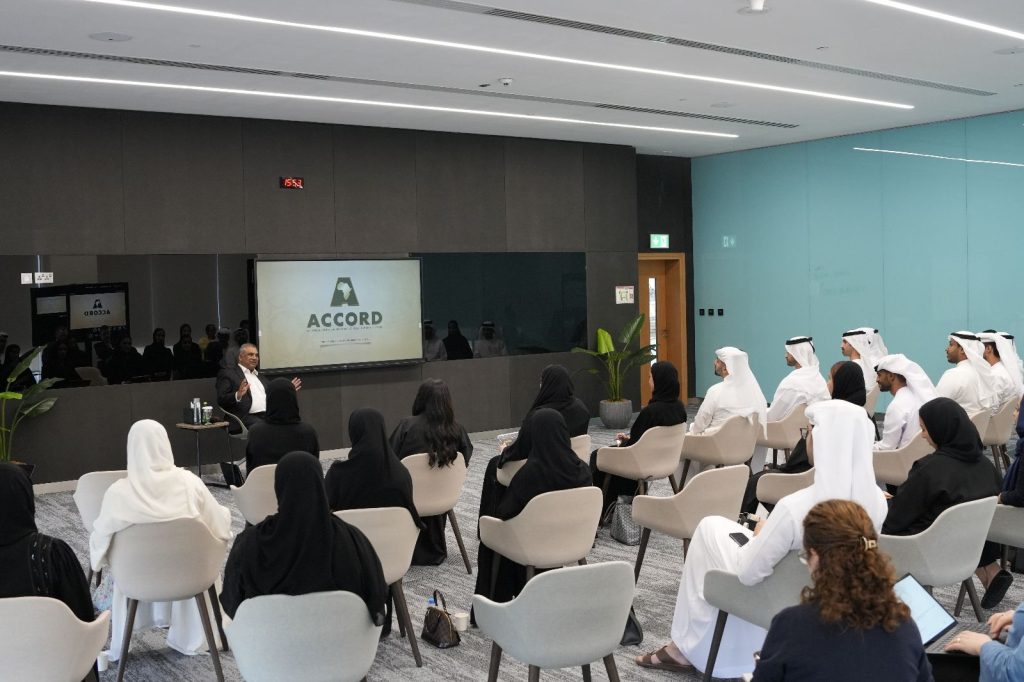Given the dynamic nature of peace operations and the unique challenges that peace operations personnel face on an everyday basis, there is a need to ensure that they are adequately equipped with the knowledge, skills, and attitudes required to perform their duties. Peace operations training is regarded as a strategic investment that enables military, police and civilian staff in missions to effectively implement increasingly multifaceted mandates. To effectively support this strategic investment, the International Association of Peacekeeping Training Centres (IAPTC) organises annual conferences that seek to promote better understanding of peace operations training and make recommendations for further strengthening training approaches for effective implementation of peace operations mandates.
In preparation for the 22nd IAPTC annual conference scheduled for 26-30 September 2016, the IAPTC Executive Committee held a planning meeting from 16-19 May 2016 in Sarajevo, Bosnia and Herzegovina. The Executive Committee’s key role is to develop the program for the annual conference and to support the IAPTC president in managing the annual conference. Serving as the civilian chair and a member of the Executive Committee, ACCORD/TfP took part in this planning and preparation for the 22nd IAPTC annual conference. Ms Irene Limo, Senior Programme Officer, Peacekeeping Unit at ACCORD participated in the meeting.
The members of the committee who attended the meeting include representatives from the following institutions: PSOTC – the host, Brazilian Peace Operations Joint Training Centre (CCOPAB) – the current president; Centre for United Nations Peacekeeping, India (CUNPK) – IAPTC Secretariat; Indonesia National Defence Force Peacekeeping Centre – Past IAPTC Presidency; ACCORD – Civilian Chair; The Royal Canadian Mounted Police – Police Chair; Cairo Center for Conflict Resolution and Peacekeeping in Africa (CCCPA) – incoming president; Folke Bernadotte Academy; and the United Nations Department of Peacekeeping Operations (UNDPKO) – Integrated Training Services. The meeting was also supported by the IAPTC honorary member from Canada, David Lightburn who has been part of IAPTC since its inception in 1995 and Dr. Lotte Vermeij who serves as the Pedagogical Chair.
The committee members discussed the various proposed themes and topics that seek to address the interests of the different international organisations, peacekeeping training centres and institutions, government agencies and officials responsible for peacekeeping training and education, academics, and other interested groups. The discussions led to the development of an agenda that provides for a more interactive approach, which draws from the experiences of the different actors who will attend the conference. After detailed discussions, the committee agreed on the theme “The Future of Peacekeeping Training: Challenges, Best Practices and Innovation” for the 2016 IAPTC Annual Conference. This theme seeks to strengthen peacekeeping training through identifying gaps in training, sharing experiences and best practices on peacekeeping training. This year’s theme further seeks to identify new approaches that will strengthen peacekeeping training for peacekeepers to adequately address the persistent and emerging peacekeeping challenges.
Peace operations are continuously evolving. Peacekeepers face new challenges that arise from an ever-growing list of tasks in complex environments. ACCORD is thus committed to the objective of facilitating the development of African capacity for sustainable peace and security in the continent through a collaborative approach with other training institutions. As the 2016 Civilian Chair of the Executive Committee and the African representative in the Committee, the participation of the TfP/ACCORD strengthened the discussions by bringing to the fore the civilian and African issues in peacekeeping training that should be incorporated in the discussions during the annual conference. This promotion of issues regarding Africa’s peace operations contributes to further strengthening the understanding of the civilian (and multidimensional) issues on peace operations in Africa.
The Training for Peace Programme at ACCORD is an initiative funded by the Norwegian Ministry of Foreign Affairs.







